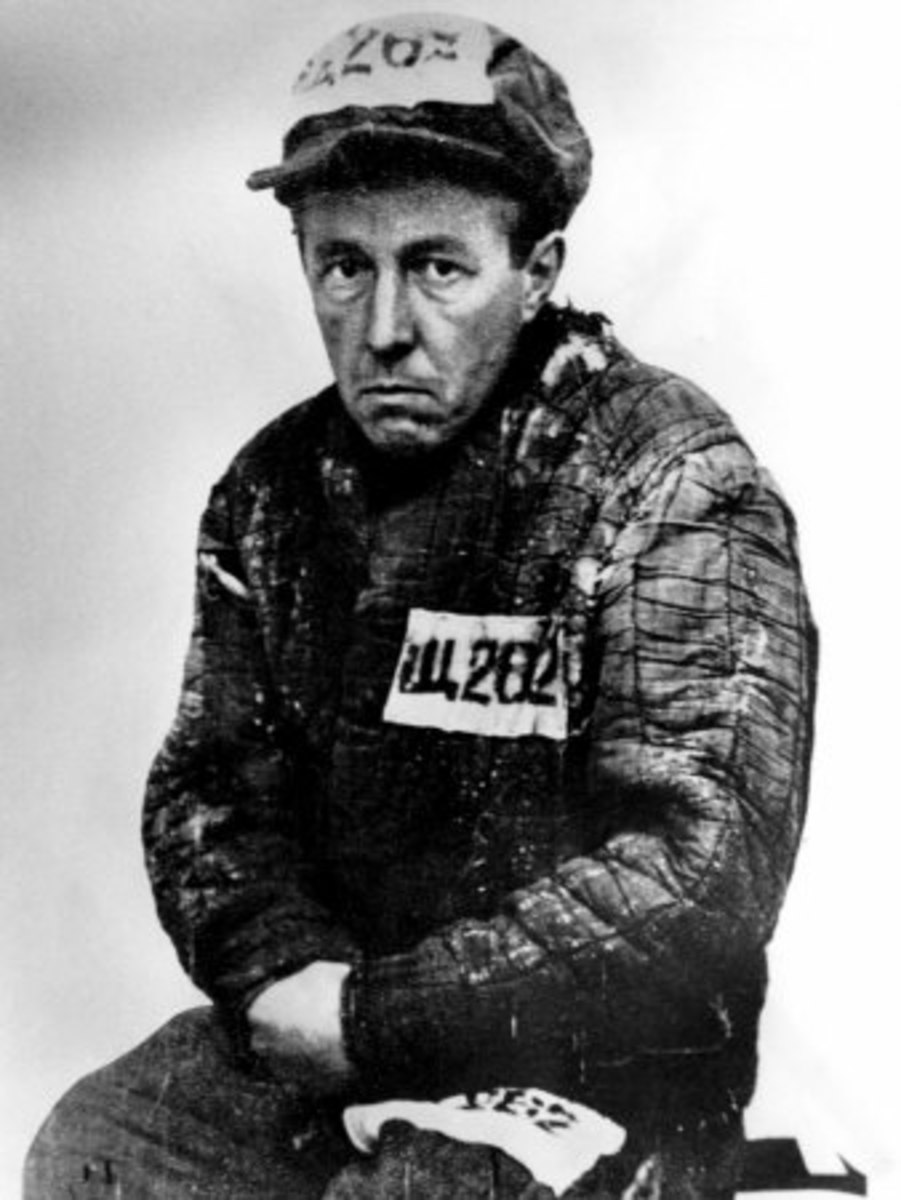

A story already current in Moscow is that it was Mr Khrushchev himself who gave the green light.Īccording to the version now leaking out about Mr Khrushchev’s speech, he said that many senior party people who had read the story had been reluctant to have it published even now, but that he had insisted that such facts should no longer be suppressed. Mr Khrushchev is understood to have said that it had been circulated in high party quarters and debated at length before permission was given. One report has it that Mr Khrushchev discussed at length the decision to publish recently the first detailed account of life in prison camps under Stalin. He is also said to have complained, among other things, that Russian newspapers were dull and uninteresting. Mr Khrushchev, in a still-secret speech to the Communist party central committee last Friday, is said to have given his personal approval for more literary freedom in Russia, according to reports from usually well-informed sources.

In the same wooden barracks lived a 16-year-old boy jailed for taking milk to supporters of Stepan Bander, a leader of the extreme Ukrainian nationalist organisation, and a student who wrote “false verses.” Most of them were originally jailed for 10 years – but the story repeatedly makes the point that the terms were really “10 years unlimited …” More literary freedom?: Mr K’s breath of fresh air “The souvenir surprised – and damned me,” the captain told his fellow prisoners. He met a British admiral who later sent him a souvenir of their times together. Another character is a former naval captain, Buynovsky, who served with British seamen on the convoy runs to Russia.

He escaped and was then imprisoned as a traitor. Shukhov, the hero of the story, served in the Soviet army during the war and was captured by Nazi troops. The prisoners get up at 5 am to a breakfast of “very bad soup or a small fish and rotten cabbage or carrot and some oats.” Their supervisors are not guards, but hardened criminals to whom they are ordered to “take off their caps five paces before passing, and to keep them off two paces after.”

His story tells of a camp surrounded by barbed wire and lit by searchlights with prisoners sleeping on sawdust mattresses without sheets but with thin blankets in the cold winters.


 0 kommentar(er)
0 kommentar(er)
